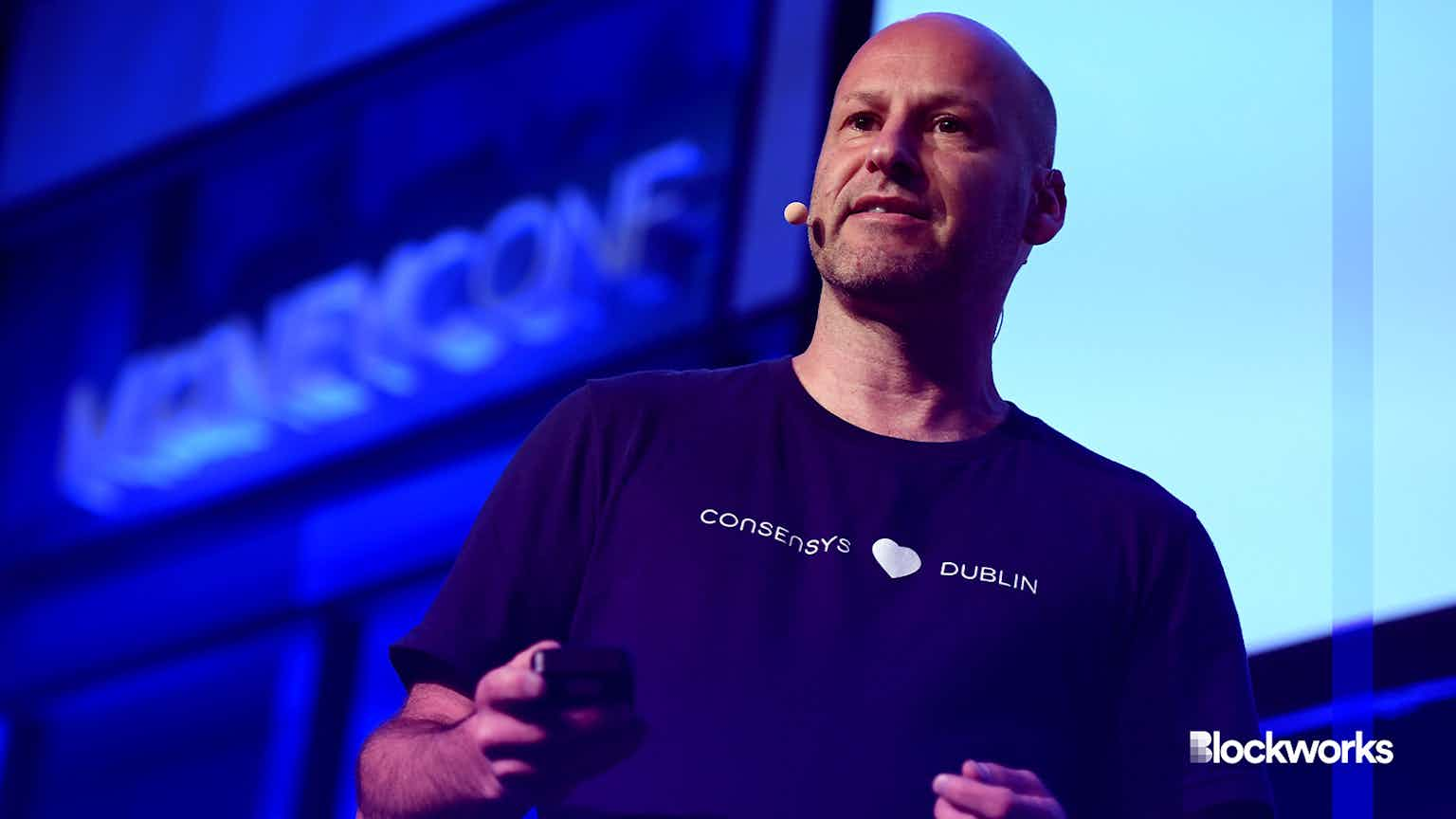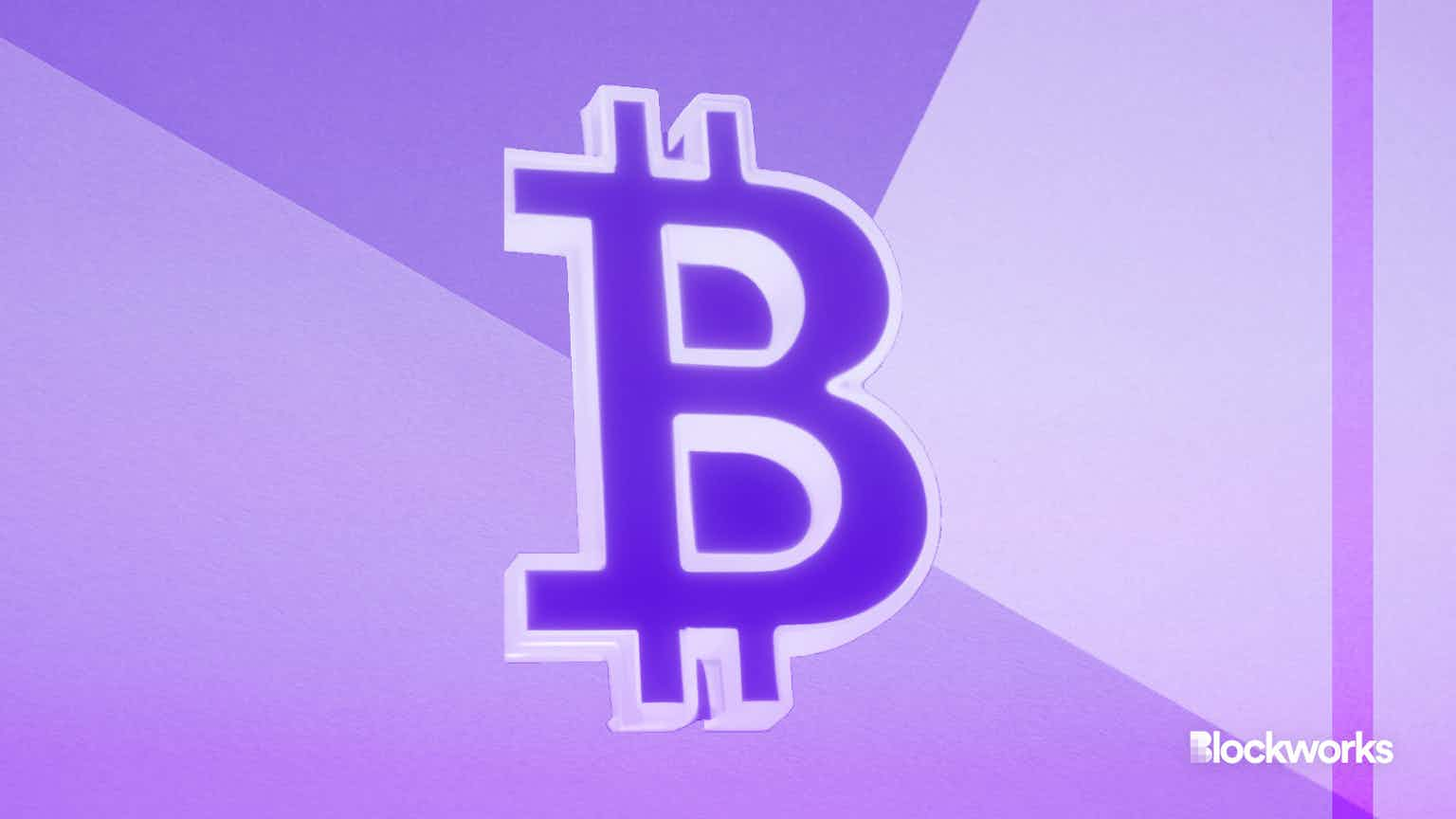Binance Unintentionally Delegated 13.2 Million UNI Tokens
“There has been a misunderstanding of what has happened,” a Binance spokesperson said

Blockworks Exclusive Art by Axel Rangel
key takeaways
- UNI tokens transferred to wallets that are already delegating tokens are automatically delegated
- The CEX had 5.9% of voting power in the Uniswap DAO
Crypto exchange Binance unintentionally — and improperly — delegated 13.2 million Uniswap (UNI) tokens to its own wallet.
Uniswap founder Hayden Adams said on Twitter yesterday that Binance had delegated 13 million UNI tokens from its books, making it the second largest UNI delegate in the Uniswap DAO, with 5.9% of its voting power — trailing only a16z’s 6.7%. Binance confirmed the transaction in a statement.
Normally, more governance participation is a good thing, Adams tweeted, but added that “it’s unclear how Binance intends to engage.”
“Binance users would [probably] prefer to keep these [governing] rights,” Adams said. “In the spirit of [transparency,] would love to hear from @cz_binance on their plans.”
Binance founder Changpeng Zhao said Thursday that “Binance [doesn’t] vote with users tokens,” adding that the move was not something “intended.”
Per a Binance spokesperson, it boils down to a “misunderstanding of what has happened during the transfer of a large balance of UNI between wallets.”
“We’re currently in discussions to improve the process to prevent any further misunderstandings happening again,” the spokesperson said.
Even still, Adams said UNI tokens transferred to wallets that are already delegating tokens are automatically assigned.
This means that because there was already an existing Binance wallet address that delegated a small number of UNI tokens for Uniswap DAO governance participation, coins transferred to that wallet were automatically assumed as voting tokens by the Uniswap code.
“Because of this I think [it is] useful to hear how you think about CEX gov[ernance] participation [in decentralized protocols],” Adams tweeted. “Enabling gov[ernance] for your users could be powerful.”
Start your day with top crypto insights from David Canellis and Katherine Ross. Subscribe to the Empire newsletter.





